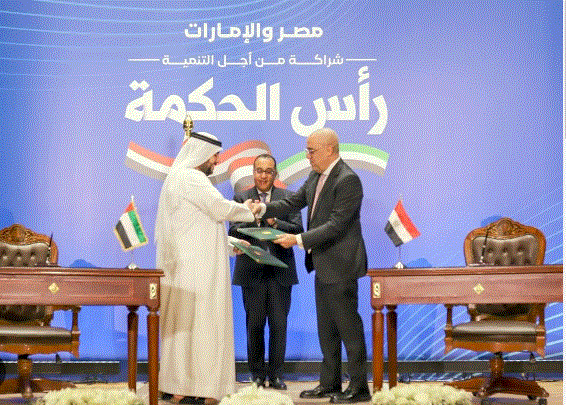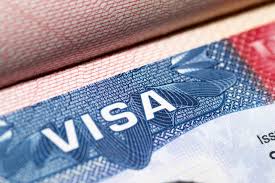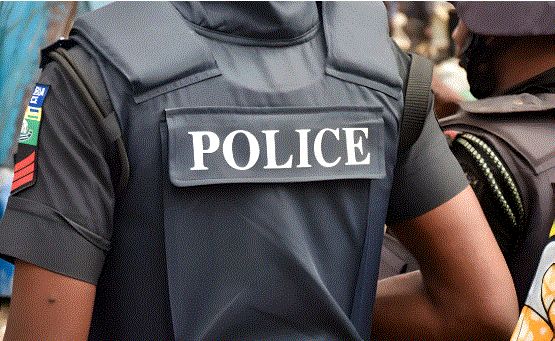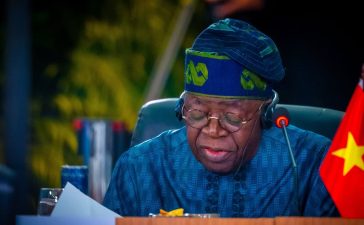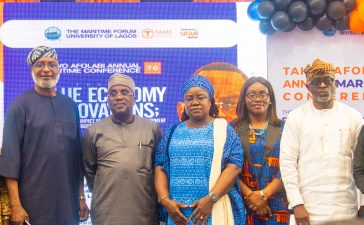In a monumental move aimed at transforming Egypt’s coastal landscape, Egypt and the United Arab Emirates (UAE) have inked a historic $35 billion deal to develop Ras el-Hekma, a strategic stretch of land protruding into the Mediterranean Sea.
The ambitious project, touted as the largest urban land sale in Egypt’s history, will witness Emirati investors acquiring rights to 171 million square meters of prime real estate, envisioning a vibrant hub featuring residences, hotels, and retail centers akin to Dubai’s iconic skyline along the Mediterranean coast.
Egypt’s stake in the development stands at 35%, signifying a collaborative effort between the two nations to spearhead economic growth and prosperity in the region. The agreement has swiftly garnered international attention and support, with significant financial backing pouring in from global institutions within weeks of its announcement.
The International Monetary Fund (IMF) has bolstered its commitment to Egypt, more than doubling the previously promised $3 billion loan to a substantial $8 billion. This injection of capital aims to provide vital support to Egypt’s economic agenda, addressing long-standing challenges such as the chronic current-account deficit.
Furthermore, the European Union (EU) has pledged an $8 billion aid package, while the World Bank has stepped up with an additional $6 billion in funding. The cumulative support, totaling over $50 billion, surpasses Egypt’s central bank foreign reserves, signaling a significant boost to the nation’s financial stability.
The magnitude of the Ras el-Hekma deal has positioned Egypt on a trajectory away from economic turmoil, offering a lifeline to revitalize its economy and address structural weaknesses. However, challenges persist, with an underdeveloped private sector and looming hurdles posed by high interest rates.
The reliance on domestic property sales for revenue generation poses limitations in acquiring foreign currency, necessitating substantial investments in critical infrastructure such as water, power, and transportation. These endeavors will entail significant foreign-currency outlays, placing additional pressure on Egypt’s fiscal management.
As Egypt embarks on this transformative journey, the successful implementation of the Ras el-Hekma project holds the promise of economic rejuvenation and prosperity, reaffirming the nation’s commitment to sustainable growth and development on the global stage.

